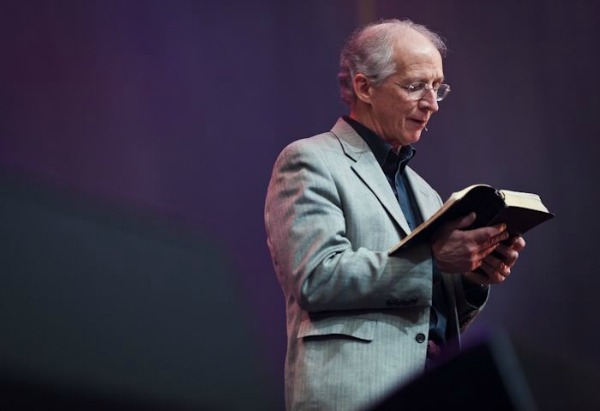 In addition to the Great Commission and the Great Commandment, Jesus made a startling statement in Matthew 25:34-40. He asserted that as we give food and drink to those in need, take in strangers, clothe the naked, look after the sick, and visit those in prisons, we are doing these things to Him. Jesus calls us to be His disciples, sharing the gospel and serving others in love, meeting them at the point of their need.
In addition to the Great Commission and the Great Commandment, Jesus made a startling statement in Matthew 25:34-40. He asserted that as we give food and drink to those in need, take in strangers, clothe the naked, look after the sick, and visit those in prisons, we are doing these things to Him. Jesus calls us to be His disciples, sharing the gospel and serving others in love, meeting them at the point of their need.
Jesus not only calls us to be disciples, but also to make disciples. He wants our ministries to multiply and His love and truth to reach the ends of the earth, touching individuals, households, and communities, now and eternally. Christian community development is rooted in obedience to the commands of Christ. It is driven by a desire to see individuals come to faith in Christ and to see lives, households, and communities transformed by obedience to the principles of God’s Word.
We are told in II Timothy 2:2 to train faithful men to teach others who, in turn, will teach others. Here is multiplication as each one teaches those who will go on to teach others both spiritually and physically.
When Jesus walked this earth, He ministered to the whole person. As Christians, we too are responsible to meet both physical and spiritual needs and to train others to do so also.
When Jesus sent out His twelve disciples to minister to others, He commanded them to heal the sick, being concerned for the physical needs of others, as they preached the Good News of Jesus Christ. Today, if we are to follow Christ’s example, we too must be concerned for physical and spiritual healing as were the disciples.
Traditionally, a number of missions have been committed to caring for people’s physical and spiritual needs, but they use different people to present the evangelistic message from those who care for physical needs. Often in day-to-day practice, however, a missionary is faced with incredible physical needs. For many missionaries this leads to conflict of interest between urgent physical concerns and the spiritual needs of the people. Accordingly, CHE teaches that the basis for all health care should be a blend of curative and preventive care, balanced with Biblical instruction.











Recent Comments